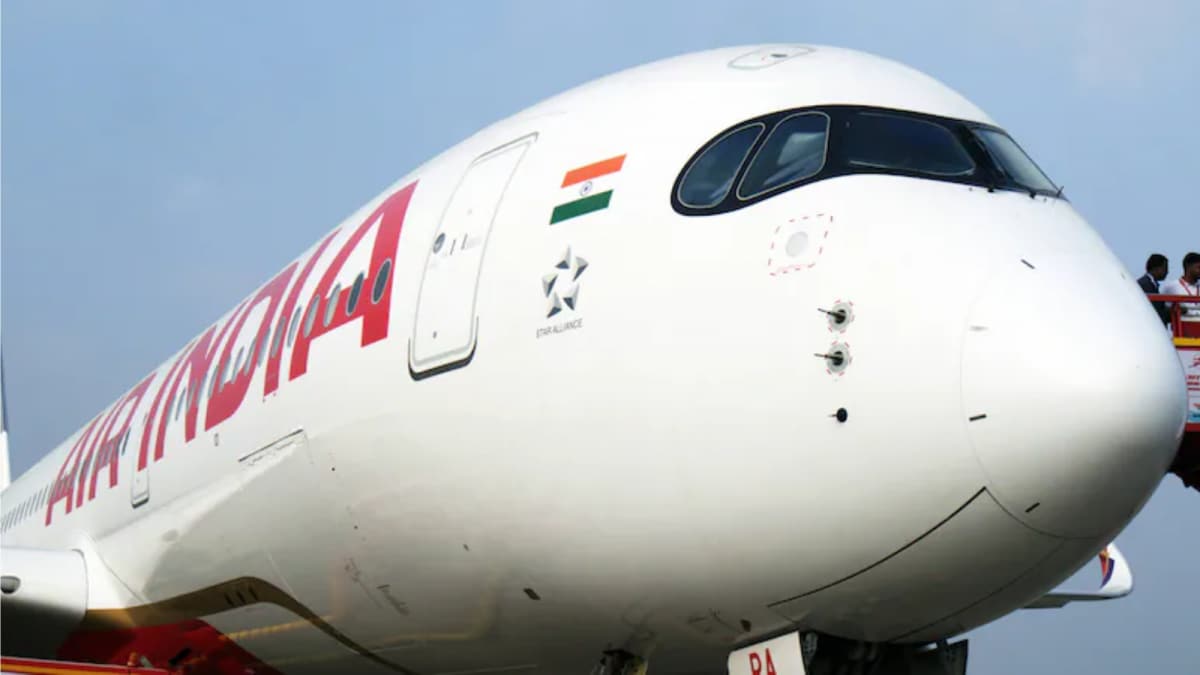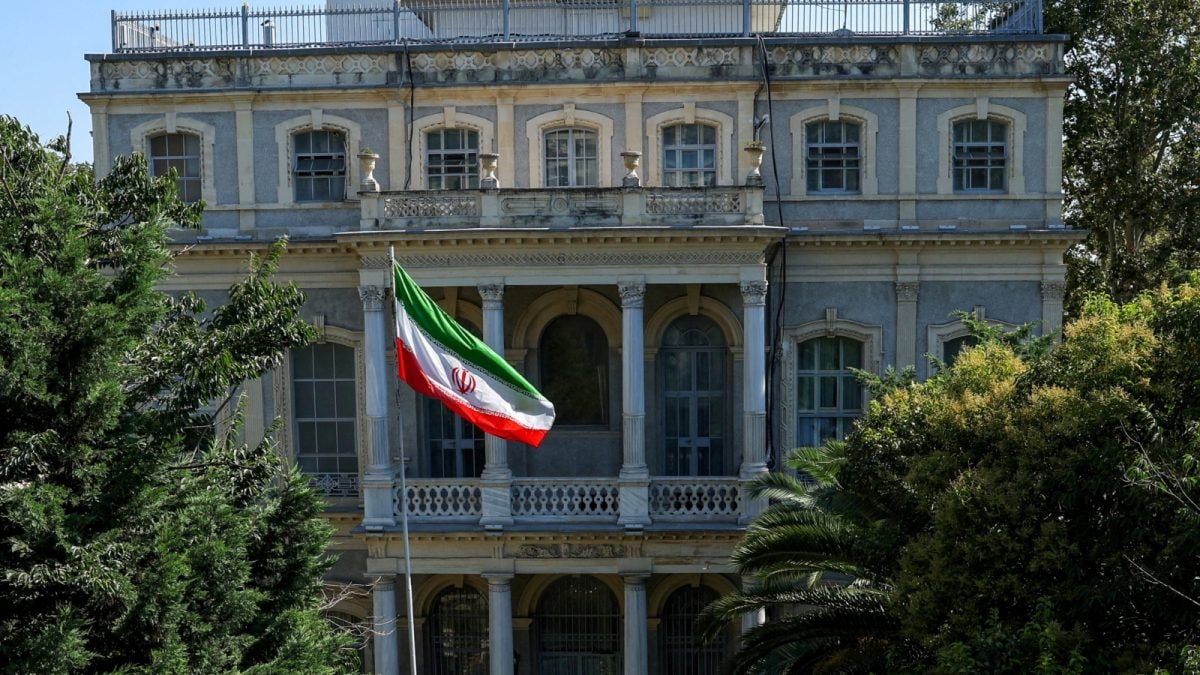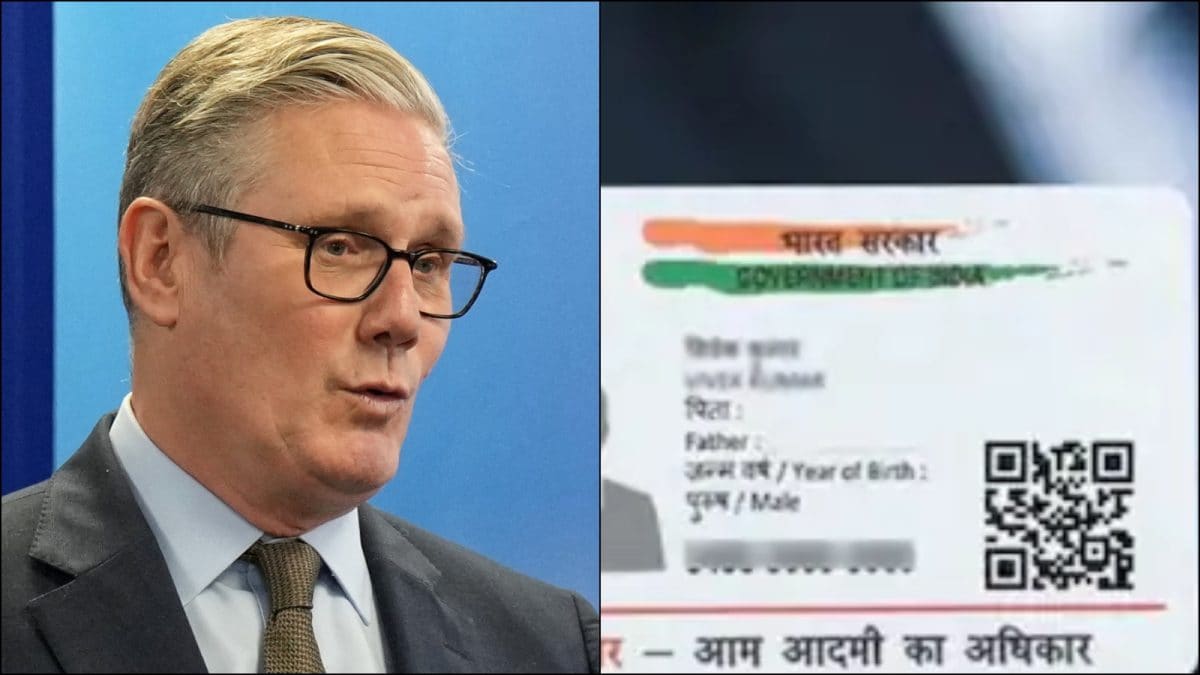A disturbing new trend of AI chatbots bullying children and even encouraging them to take their own lives has the Australian government very concerned.
Speaking to media on Saturday, the federal education minister, Jason Clare, said artificial intelligence was “supercharging” bullying.
“AI chatbots are now bullying kids. It’s not kids bullying kids, it’s AI bullying kids, humiliating them, hurting them, telling them they’re losers … telling them to kill themselves. I can’t think of anything more terrifying than that,” Clare said.
There is increasing concern over teenagers using AI.
In California, the parents of 16-year-old Adam Raine are suing OpenAI, the company behind the hugely popular ChatGPT platform, alleging it encouraged their son to take his own life.
After the Raine family filed the complaint, the company issued a statement acknowledging the shortcomings of its models when it came to addressing people “in serious mental and emotional distress” and said it was working to improve the systems to better “recognise and respond to signs of mental and emotional distress and connect people with care, guided by expert input”.
“The idea that it can be an app that’s telling you to kill yourself and that children have done this overseas terrifies me,” Clare said. He did not identify any particular AI chatbots.
On Saturday, the minister announced a raft of new anti-bullying measures, including schools having to act on bullying incidents within 48 hours, and teachers to receive specialist training. The initiatives are part of a new national plan to end bullying.
State and territory education ministers have backed the key recommendations of the national anti-bullying plan after a meeting on the Gold Coast on Friday.
Teachers will be supported with extra training and tools to deal with bullying and act on it earlier, with the federal government tipping $5m into resources for educators, parents and students.
There will also be $5m for a national awareness campaign.
The anti-bullying rapid review stated punitive measures such as suspensions or expulsions “can be appropriate in some circumstances” for bullying children.
The best results, however, typically involve taking steps to help repair relationships and address underlying causes for the harmful behaviour, it said.
One in four students between years four and nine have reported bullying every few weeks or more, the review said. School-age children or teens who have been bullied are more likely than their peers to experience mental health and wellbeing issues.
Cyberbullying is also prevalent among young people, with reports to the eSafety Commissioner surging more than 450% between 2019 and 2024.
Preventing online bullying is one of the motivations behind the federal government’s incoming social media ban for under-16s, due to come into force on 10 December.
In Australia, the crisis support service Lifeline is 13 11 14. In the UK and Ireland, Samaritans can be contacted on freephone 116 123, or email jo@samaritans.org or jo@samaritans.ie. In the US, you can call or text the 988 Suicide & Crisis Lifeline at 988 or chat at 988lifeline.org. Other international helplines can be found at befrienders.org
Additional reporting by Johana Bhuiyan and AAP

 13 hours ago
13 hours ago


















